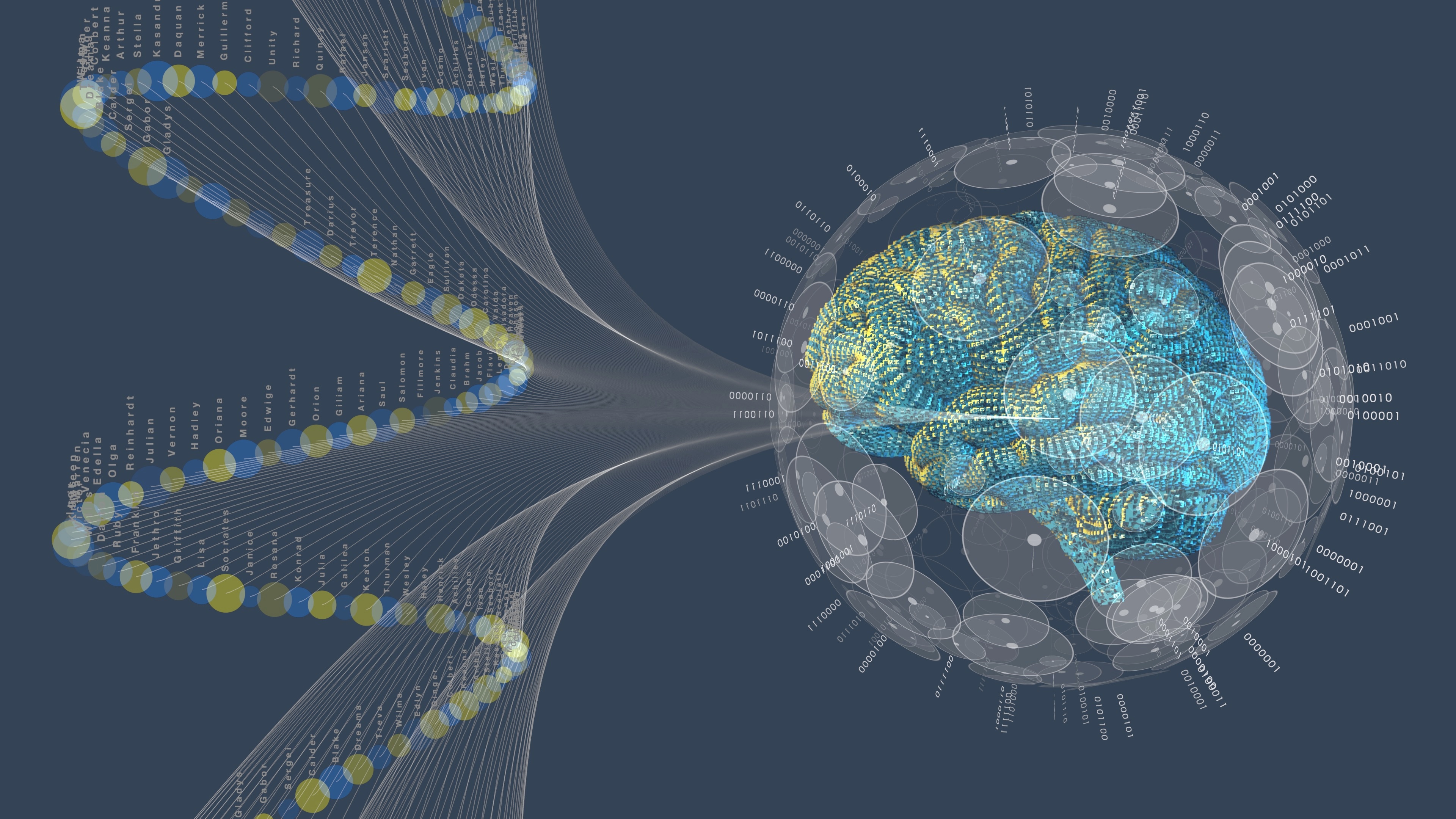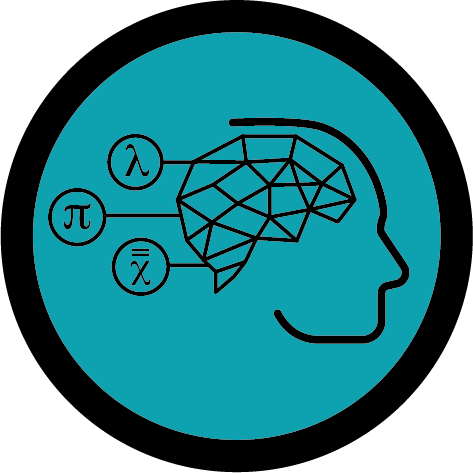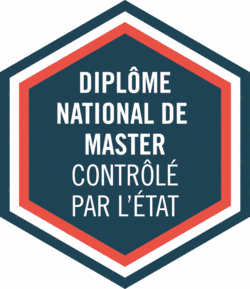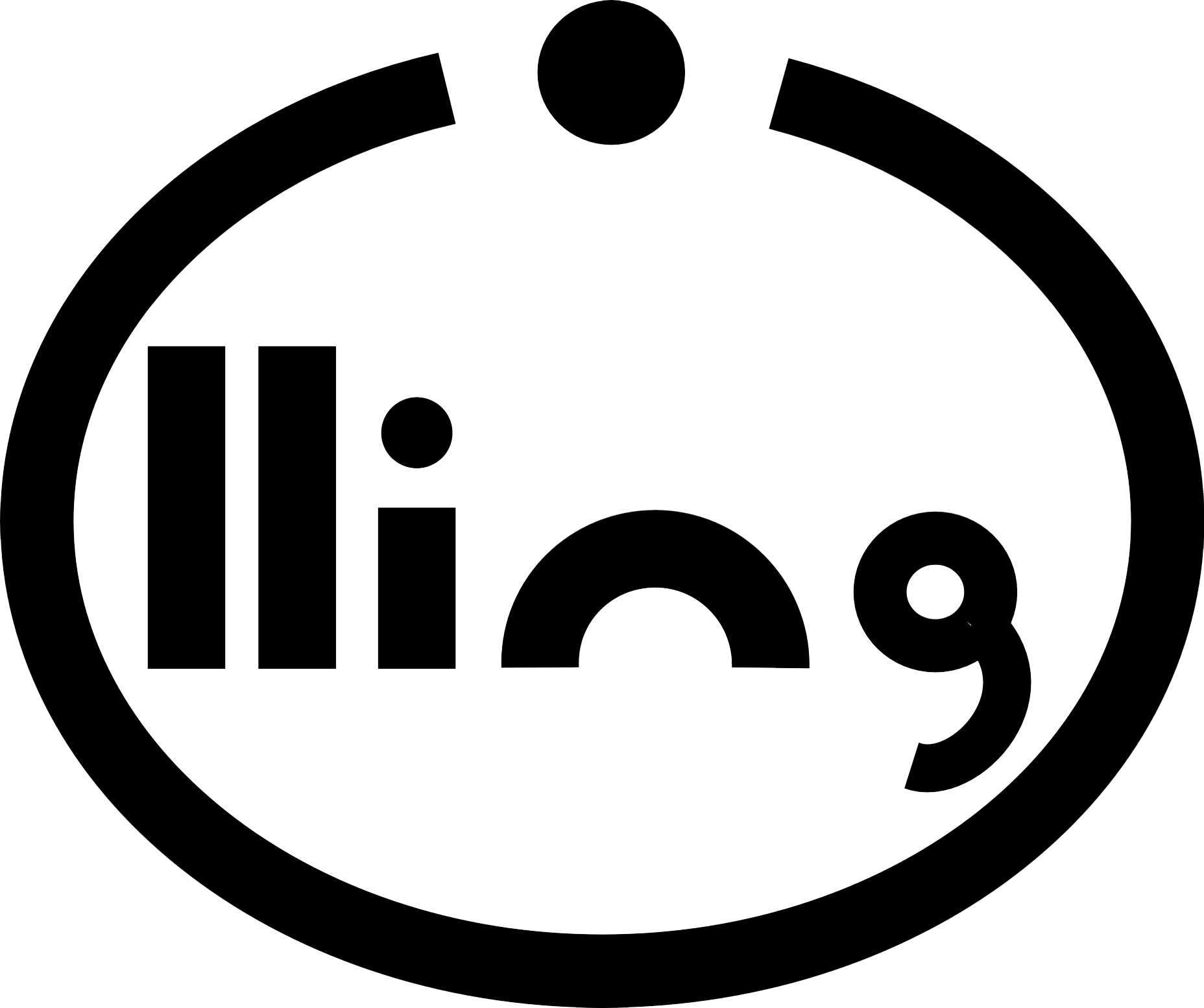 Language science is the study of the human cognitive faculty that underlies our capacity to produce and understand an unlimited number of novel sentences, thereby allowing us to form and communicate an unlimited number of thoughts. The Language Science (LScie-Grad) programme provides students with state-of-the-art knowledge, training and skills that will enable them to carry out interdisciplinary research aimed at questions such as the following : How are we to model the mental representations and cognitive mechanisms at play in the production, comprehension and perception of language? What properties of natural languages are specific to the human language faculty, and what properties are also at work in other cognitive domains such as thought and reasoning, mathematical thinking, vision, causal perception, memory, and motor control? How can we reconcile the striking diversity of natural languages with the uniformity of the neuronal and cognitive bases underlying the human capacity to speak and understand languages? Is this diversity, as it is pervasively reflected in the 6000 to 7000 languages of the world spoken today, constrained or random? Why is it that despite the magnitude of this diversity, any typically developing child is capable of acquiring any possible human language, and even several languages simultaneously, no matter how different they may be? How does the language capacity develop in children acquiring their native language(s)?
Language science is the study of the human cognitive faculty that underlies our capacity to produce and understand an unlimited number of novel sentences, thereby allowing us to form and communicate an unlimited number of thoughts. The Language Science (LScie-Grad) programme provides students with state-of-the-art knowledge, training and skills that will enable them to carry out interdisciplinary research aimed at questions such as the following : How are we to model the mental representations and cognitive mechanisms at play in the production, comprehension and perception of language? What properties of natural languages are specific to the human language faculty, and what properties are also at work in other cognitive domains such as thought and reasoning, mathematical thinking, vision, causal perception, memory, and motor control? How can we reconcile the striking diversity of natural languages with the uniformity of the neuronal and cognitive bases underlying the human capacity to speak and understand languages? Is this diversity, as it is pervasively reflected in the 6000 to 7000 languages of the world spoken today, constrained or random? Why is it that despite the magnitude of this diversity, any typically developing child is capable of acquiring any possible human language, and even several languages simultaneously, no matter how different they may be? How does the language capacity develop in children acquiring their native language(s)?
The LScie-Grad programme will provide students with research opportunities, and an international environment, that will connect them to cutting edge interdisciplinary research across:
- different fields and disciplines investigating natural language: linguistics, philosophy (of language and mind), experimental psychology / psycholinguistics, neuro-psychology / neurolinguistics, computational linguistics;
- different levels of linguistic analysis: phonetics, phonology, morphology, syntax, semantics, pragmatics, and their interfaces;
- different populations: adults, children, first/second language speakers, heritage language speakers, multilingual speakers, speakers with language impairments…
Why would you choose the graduate programme Language Science ?
- The teaching philosophy of LScie-Grad is to combine the approach characteristic of the best of the humanities – an approach that fosters critical thinking while intensively pursuing the advancement of knowledge – with the skills and method-oriented models known from the hard sciences (life sciences and computer science in particular).
- While offering an expertise in the core areas of language science – phonology, phonetics, morphology, syntax, semantics, pragmatics – LScie-Grad is original in that it combines formal linguistics with the insights, objectives and methodologies of field linguistics and of research in experimental linguistics.
- Students will acquire the knowledge and the methodological tools necessary for theoretical and experimental investigations of a wide variety of languages of the world (including languages that are endangered and/or understudied) as well as phenomena involving a wide variety of populations of speakers.
- Students will be trained to carry out collaborative research via personalized coaching and mentoring, encouragement of student joint projects, and co-advising arrangements that bring together senior and junior faculty.
- Students will have the opportunity to develop original research very early on, in particular by participating in different research projects led by faculty members (including funded projects with outside research centers, via internships and international mobility opportunities).
LScie-Grad will build on our existing international academic networks (including collaborations with Leiden University, Groningen University, University of the Basque Country, Leibniz-Zentrum Allgemeine Sprachwissenschaft–Berlin, Edinburgh University, Milano-Bicocca University, University of Geneva, The Arctic University of Norway, Queen Mary University of London).

 Version française
Version française

 Version française
Version française
